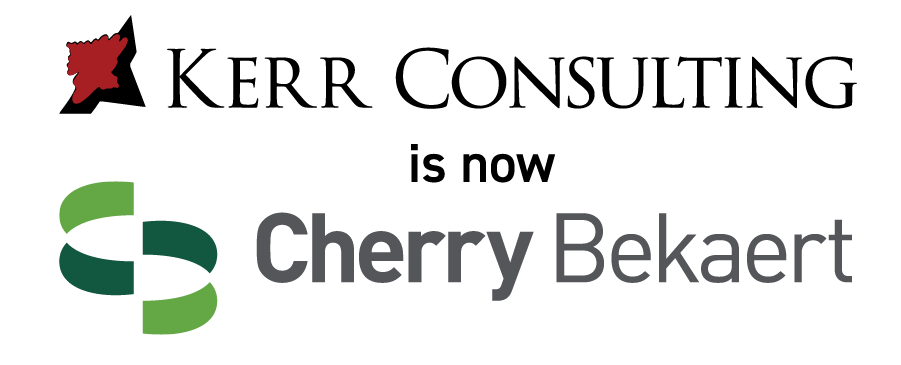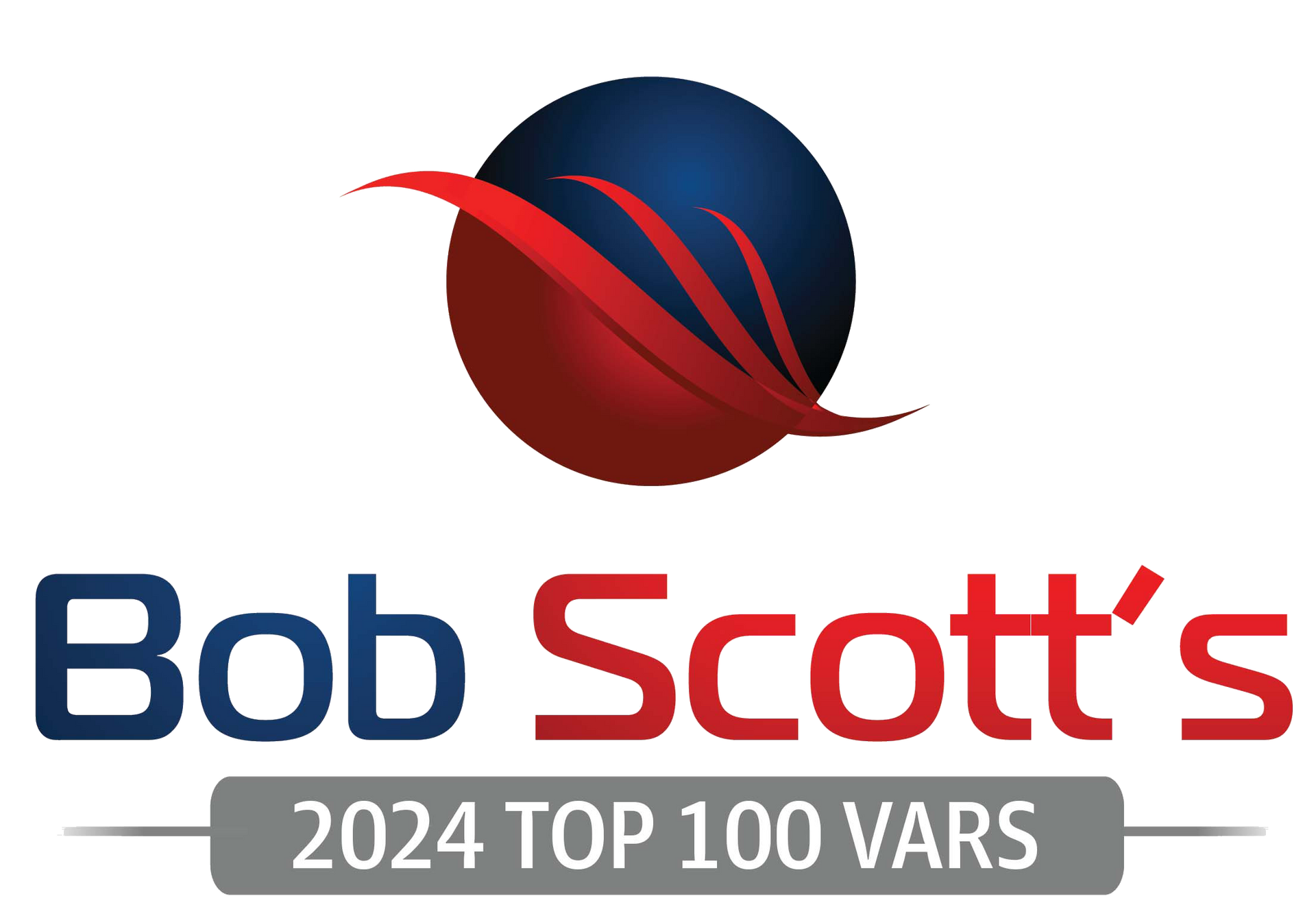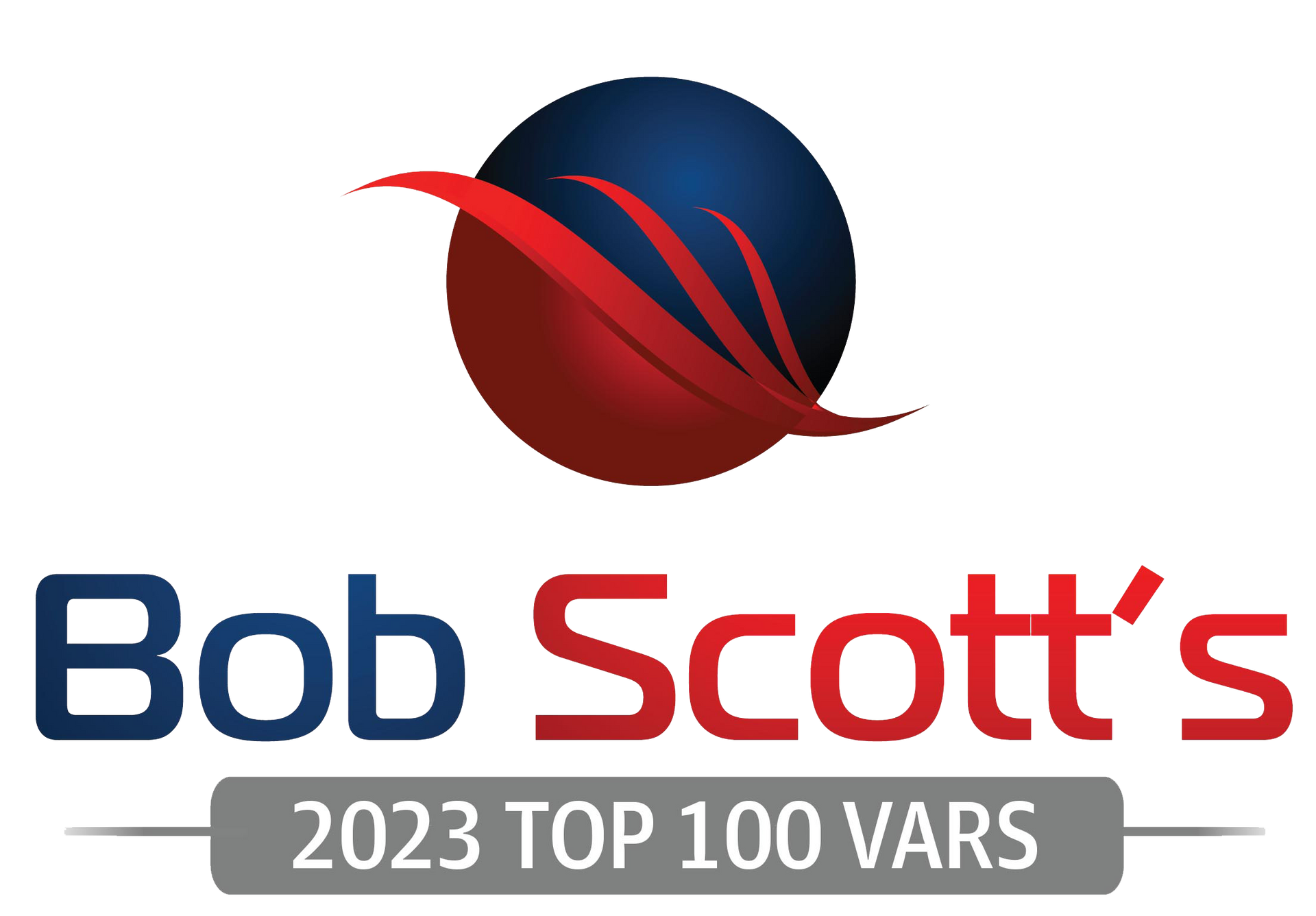The Future of Performing Manufacturing Operations

Implementing Cutting-Edge Tech to Transform Your Processes
The manufacturing sector is undergoing a seismic shift. Driven by the relentless march of technology, this transformation is reshaping the industry.
Manufacturing technologies are no longer just tools. They are integral to operations, driving efficiency and productivity.
From Sage Software to lean manufacturing principles, these technologies are redefining the manufacturing landscape.
But how can you harness these technologies for your operations?
This article will guide you through the process.
We will explore the current state of manufacturing technologies, their benefits, and how to implement them effectively.
Whether you're a manufacturing operator or a C-level executive, this guide will provide valuable insights to help you navigate the future of manufacturing.
Performing Manufacturing Operations with Sage Distribution for Production Optimization
Performing manufacturing operations efficiently is crucial for the success of any manufacturing company. Utilizing advanced technologies like Sage Distribution can greatly enhance production optimization and overall operational efficiency in the manufacturing sector.
Sage Distribution software integrates seamlessly into manufacturing operations, providing real-time insights and streamlining processes. By leveraging Sage Distribution, manufacturers can optimize production schedules, manage inventory effectively, and ensure timely delivery of products to customers.
With Sage Distribution, manufacturers can achieve operational excellence by automating tasks, reducing waste, and improving overall efficiency. This software plays a key role in performing manufacturing operations effectively, ultimately leading to increased productivity and competitiveness in the industry.
Operations Manufacturing
Manufacturing operations play a critical role in the success of any manufacturing company. Efficient operations management is key to optimizing production processes, reducing waste, and ensuring timely delivery of products to customers. By leveraging cutting-edge technologies such as Sage Distribution software, manufacturers can achieve operational excellence, automate tasks, and enhance overall efficiency in their operations.
The Current Landscape of Manufacturing Technologies
The manufacturing industry is in the midst of a technological revolution. This revolution is driven by a host of advanced manufacturing technologies.
These technologies are transforming every aspect of manufacturing operations. From production management to supply chain integration, they are enhancing efficiency and productivity.
But what are these technologies?
Here are some of the most impactful ones:
- Internet of Things (IoT): IoT devices collect and analyze data in real-time, enabling predictive maintenance and efficient resource management.
- Artificial Intelligence (AI): AI algorithms optimize manufacturing processes, improve quality control, and drive operational excellence.
- Robotics: Robots automate repetitive tasks, increase production speed, and reduce human error.
- Additive Manufacturing: Also known as 3D printing, this technology allows for rapid prototyping, customization, and on-demand production.
- Data Analytics: Big data and analytics provide actionable insights for decision-making and strategy formulation.
The Role of Manufacturing Operations Management Software
Manufacturing operations management software plays a crucial role in this landscape.
It integrates these technologies into a cohesive system.
This integration streamlines processes, reduces waste, and improves overall operational efficiency.
What's the Difference between Sage X3 and Sage Distribution and Manufacturing Operations? (SDMO)
Sage Distribution and Manufacturing Operations and Sage X3 are both ERP solutions from Sage, but they cater to different types of businesses and offer distinct features. Here's a breakdown of the key differences:
1. Target Market and Business Size
- Sage Distribution and Manufacturing Operations: Designed primarily for small to mid-sized businesses who are or who want to run Sage Intacct for financials. This combination focuses on the distribution and manufacturing sectors. It's ideal for companies looking for a robust yet straightforward solution tailored to these specific industries.
- Sage X3: Targeted at mid-sized to large enterprises with more complex operations. It serves a broader range of industries, including manufacturing, distribution, services, and process industries, with more advanced capabilities. Sage X3 is a complete, stand-alone product.
2. Functionality and Scope
- Sage Distribution and Manufacturing Operations: Focuses on essential functionalities for distribution and manufacturing, such as inventory management, order processing, production scheduling, and shop floor control. It's streamlined for businesses that need a solution specifically for these operations who want a simple, powerful manufacturing and distribution module inside of Sage Intacct.
- Sage X3: Offers a broader and deeper range of functionalities across various business areas, including finance, sales, customer service, inventory, manufacturing, and more. It supports more complex and integrated processes across different departments and geographies. Sage X3 has advanced quality control, and is designed for larger organizations that need more flexibility and customizations.
3. Customization and Flexibility
- Sage Distribution and Manufacturing Operations: Provides customization options but within a more confined scope, making it easier to implement and manage for smaller operations. It’s designed to get businesses up and running quickly with minimal configuration.
- Sage X3: Highly customizable, allowing businesses to tailor almost every aspect of the system to their specific needs. This flexibility makes it suitable for companies with unique processes or those operating in highly regulated industries.
4. Industry-Specific Features
- Sage Distribution and Manufacturing Operations: Includes basic features specific to distribution and manufacturing, such as inventory control, supply chain management, and production planning. It’s well-suited for businesses in these sectors that need a dedicated solution, but don't need unnecessary complexity.
- Sage X3: Provides more extensive industry-specific capabilities, not only for distribution and manufacturing but also for sectors like process manufacturing, food and beverage, chemicals, and more. It also offers advanced compliance, traceability, and multi-legislation features.
5. Global Reach and Multi-Entity Management
- Sage Distribution and Manufacturing Operations: Typically better suited for businesses operating in a single country or a more straightforward multi-site setup. It doesn’t offer the extensive global management features found in Sage X3.
- Sage X3: Built for global operations, with robust multi-legislation, multi-currency, and multi-language support. It’s ideal for companies with complex international operations and the need for advanced multi-entity management.
6. Deployment Options
- Sage Distribution and Manufacturing Operations: Primarily offered as a cloud-based SaaS solution, which can be advantageous for businesses looking for lower upfront costs and easier maintenance. SDMO cannot be hosted locally on your server.
- Sage X3: Offers multiple deployment options, including on-premises, cloud, and hybrid, providing greater flexibility depending on the business’s IT strategy and compliance requirements.
7. Scalability
- Sage Distribution and Manufacturing Operations: Scalable to a certain extent but mainly focused on small to mid-sized businesses. As companies grow or their needs become more complex, they might outgrow this solution. SDMO brings manufacturing and distribution functionality into Sage Intacct.
- Sage X3: Highly scalable, capable of supporting mid-sized to large enterprises with complex and evolving needs, making it a long-term solution for growing businesses. Sage X3 is a complete system, handling finance, manufacturing and distibution.
Kerr Consulting
For those seeking a trusted partner to implement and optimize their Sage ERP systems, look no further than Kerr Consulting. With decades of experience and a proven track record, Kerr Consulting specializes in seamlessly integrating Sage solutions like Sage Intacct and Sage 300 ERP into your business operations. Our expertise ensures that you not only deploy the best ERP system but also maximize its potential to drive your business forward.
Ready to transform your business with Sage ERP? Partner with Kerr Consulting today and experience unparalleled support and expertise. Contact us to get started!
Reach out to us directly if you'd like to learn more about Sage X3 or Sage Distribution and Manufacturing Operations (SDMO)
Advancing Manufacturing Efficiency with Technology
Manufacturing efficiency is a key determinant of a company's competitiveness.
Advanced manufacturing technologies are instrumental in enhancing this efficiency.
They automate repetitive tasks, optimize resource utilization, and reduce production time.
Lean Manufacturing and Process Improvement
Lean manufacturing is a philosophy that aims to eliminate waste and improve efficiency.
Advanced manufacturing technologies can significantly enhance lean manufacturing efforts.
For instance, data analytics can identify bottlenecks and inefficiencies in the production process, enabling targeted improvements.
The Impact of IoT, AI, and Robotics
IoT, AI, and robotics are three technologies that are revolutionizing manufacturing operations.
IoT devices collect real-time data, enabling predictive maintenance and efficient resource management.
AI algorithms optimize manufacturing processes, while robots automate repetitive tasks, increasing production speed and reducing human error.
Overcoming Challenges in Technology Adoption
Adopting new technologies is not without its challenges.
These can range from resistance to change among employees, to the high costs of implementation.
However, with the right strategies, these challenges can be effectively managed and overcome.
Training and Change Management for Manufacturing Operators
Training is crucial for the successful adoption of new technologies.
Manufacturing operators need to be equipped with the necessary skills to use these technologies effectively.
Change management strategies can also help to ease the transition and ensure that everyone is on board with the new technologies.
Assessing ROI and Managing Investments
Investing in new technologies can be a significant financial commitment for manufacturing companies.
Therefore, it's important to assess the potential return on investment (ROI) before making any decisions.
This involves considering the potential cost savings, productivity gains, and competitive advantages that the technology can bring.
The Future of Manufacturing Operations: Trends and Predictions
The future of manufacturing operations is set to be shaped by a number of key trends.
These include the increasing use of AI and robotics, the rise of the Industrial Internet of Things (IIoT), and the growing importance of sustainability.
These trends are expected to drive significant changes in the way manufacturing operations are conducted.
Sustainability and Competitive Advantage
Sustainability is becoming an increasingly important factor in manufacturing operations.
Manufacturing companies are recognizing the need to reduce their environmental impact and are turning to technology to help them achieve this.
Technologies such as energy-efficient machinery and waste reduction systems can not only help companies to become more sustainable, but can also provide a competitive advantage.
Emerging Technologies to Watch
There are several emerging technologies that are set to have a major impact on manufacturing operations.
These include additive manufacturing (3D printing), augmented reality (AR) and virtual reality (VR), and blockchain technology.
These technologies have the potential to revolutionize manufacturing operations, offering new ways to improve efficiency, productivity, and competitiveness.
Conclusion: Embracing the Technological Revolution in Manufacturing
The technological revolution in manufacturing is not a distant future, but a present reality.
Manufacturing companies that embrace these changes and invest in the latest technologies will be better positioned to improve their operations, increase their efficiency, and gain a competitive edge.
However, it's crucial to remember that successful technology implementation requires a strategic approach, careful planning, and ongoing commitment. It's not just about adopting new technologies, but about integrating them into the existing operations in a way that maximizes their potential benefits.
In the end, the goal is not just to keep up with the technological advancements, but to leverage them to create more value, drive innovation, and shape the future of manufacturing.








